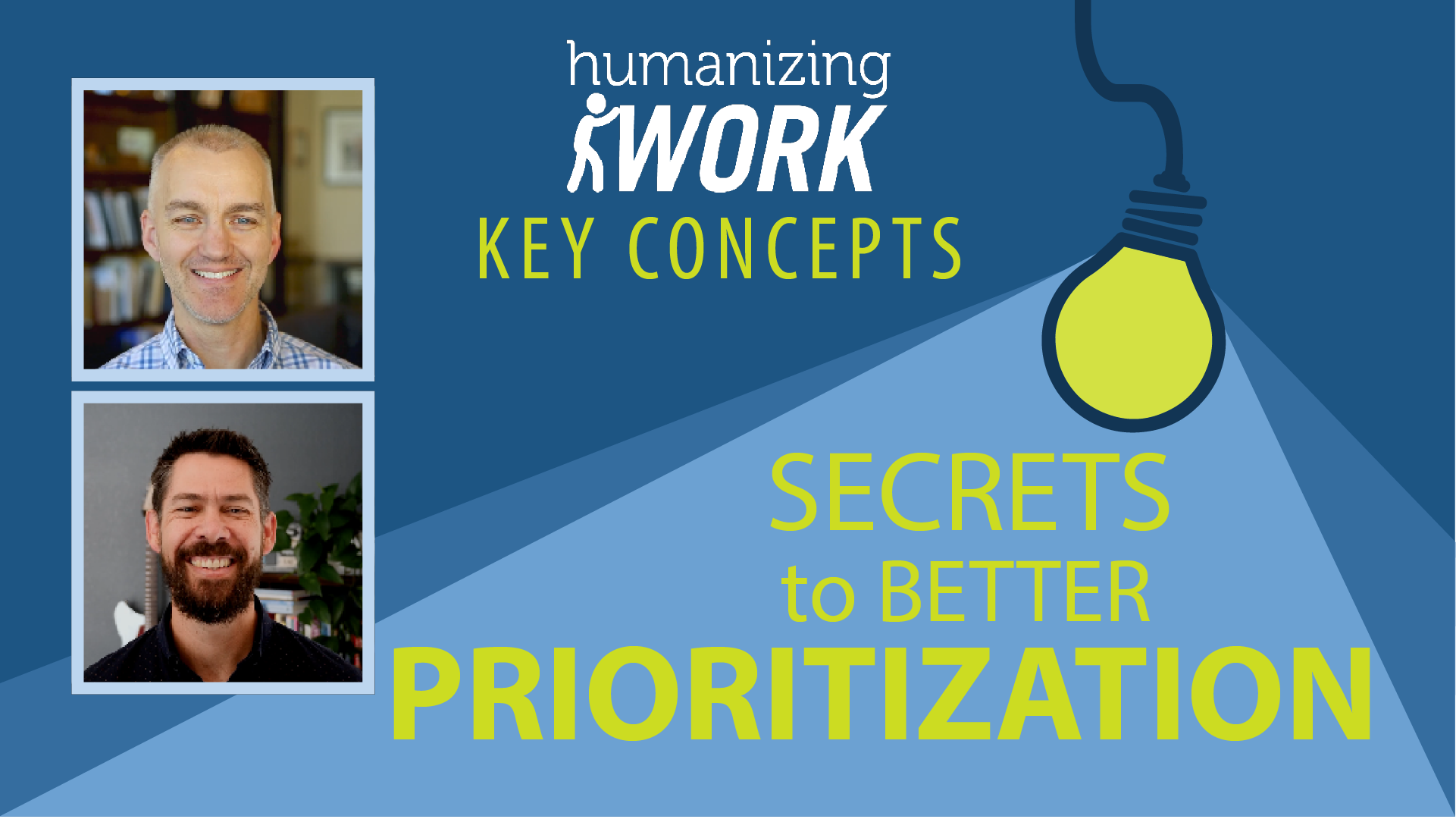Why does Zappos celebrate wildly inefficient customer service calls? Why did FAVI brick up the window that allowed managers to see what was happening on the factory floor? Culture signals.
In this episode, Richard and Peter explain how culture signals work and how leaders can design their own culture signals to create the changes they want to see. Read More
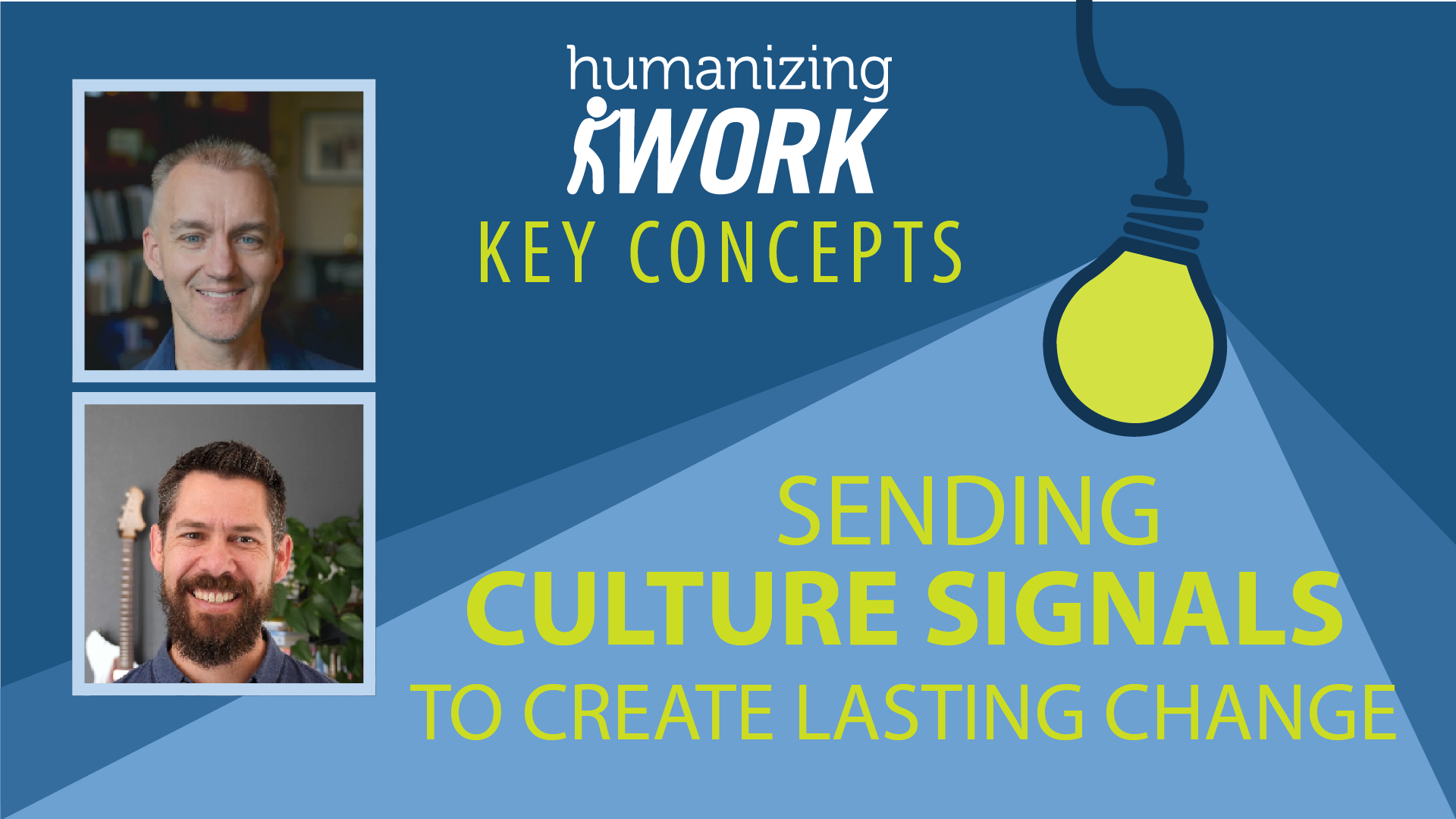
In this episode, Richard and Peter answer the question: “I get the basic definitions of the Scrum roles. In the real world, though, what do these roles look like when they’re done well?” Hear their take on what it means to be a great ScrumMaster, Product Owner, or Scrum developer, beyond the “by the book” Scrum Guide answers. Read More
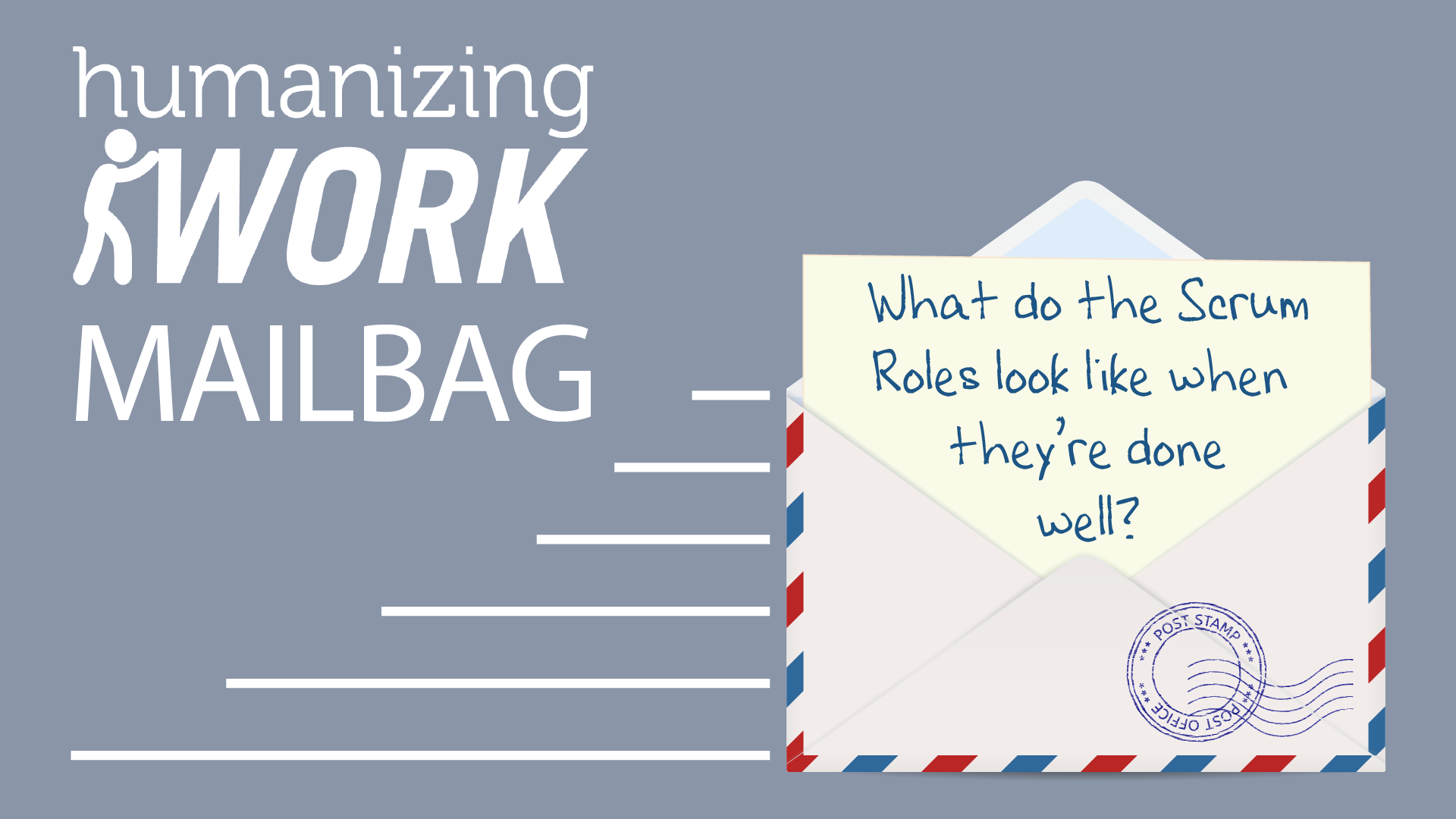
In this episode, Richard and Peter answer the question: “What are your thoughts on including managers in retrospectives?” Even if a manger wants to be helpful, the answer is complicated… Read More
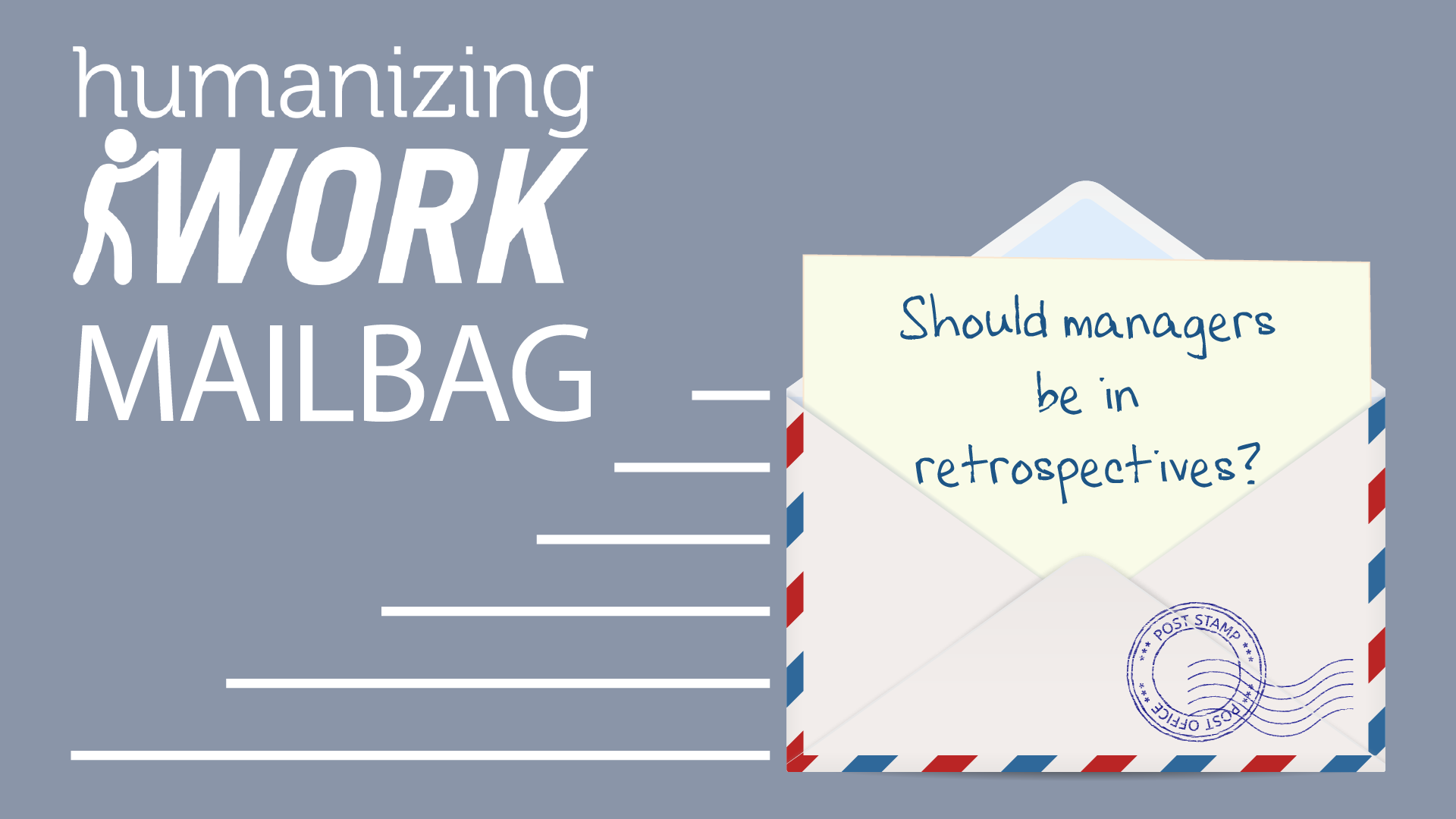
In this episode, Richard answers the question: “Our team is trying to use Scrum, but we get a lot of interruptions, a lot of work that pops up mid-sprint. How do we handle that kind of thing well?” He explains how to borrow a couple of concepts from Kanban to accommodate emergent work on a Scrum team in a healthy way. Read More
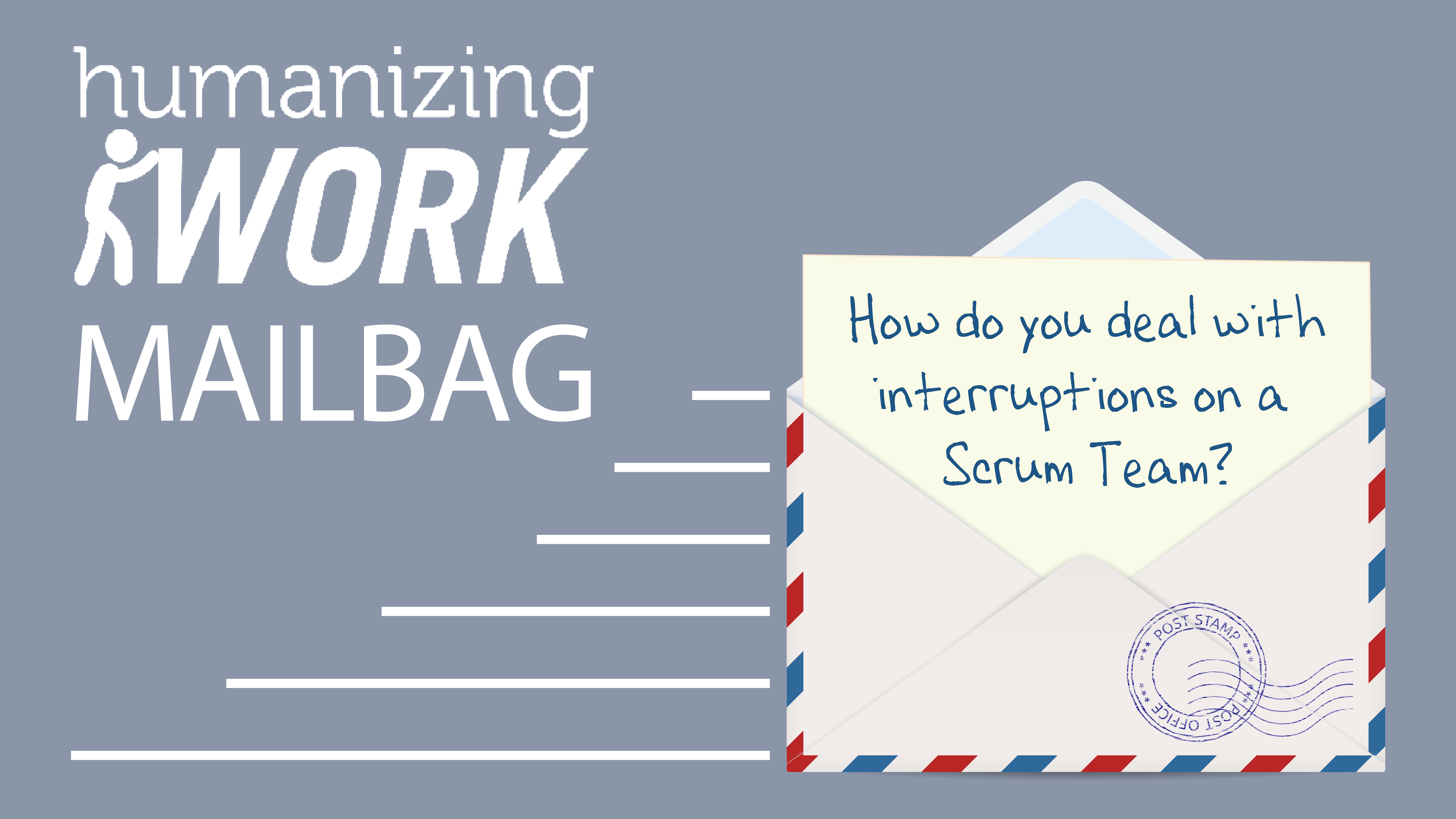
Just saying “you’re empowered” doesn’t make it happen. In this episode, Peter and Richard offer a more nuanced way to think about empowerment and a structured path to increase the level of empowerment for your employees and teams Read More
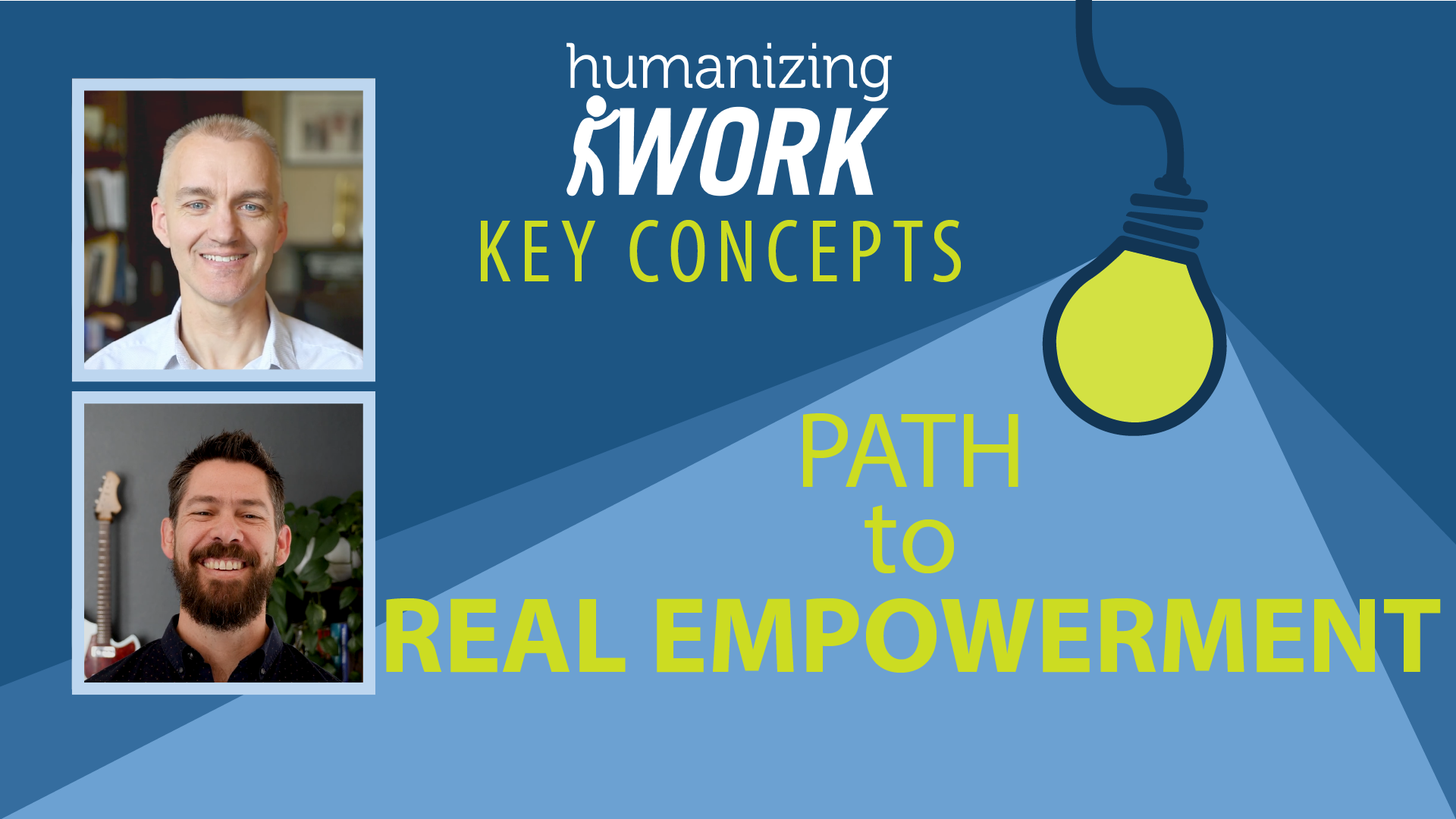
In this episode, Richard and Peter share an agenda you can use for a Sprint Review meeting—or for any meeting where you want to share and get feedback on complex, meaningful work-in-progress. Too many Sprint Reviews are a demo with no useful feedback or a deep dive into the weeds on problem-solving. The best review meetings combine a deliberate demo with a well-structured feedback session. Learn how you can have this kind of review. Read More

Feature Mining is a technique for figuring out where to start on a big, complex idea. Following up on a Feature Mining webinar on February 6, 2023, in this episode, Richard and Peter answer questions from the webinar and from other workshops on the topic of Feature Mining. If you’re not familiar with the Feature Mining technique, don’t worry, there’s a short intro to it before the Q&A. Read More
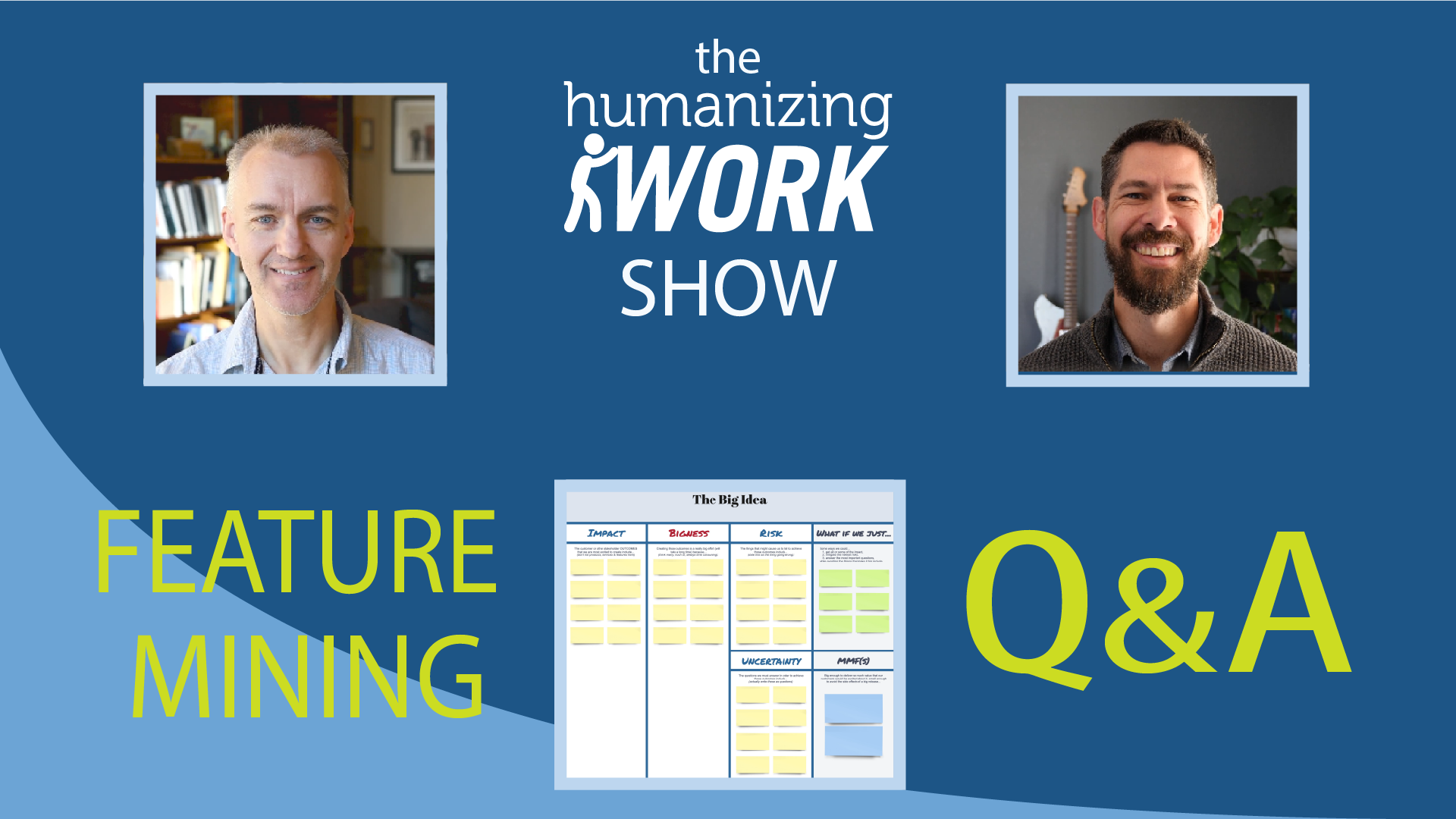
In the previous episode of the show, Peter and Richard mentioned the importance of team coaching to increase your chances of a healthy, successful team. In this episode, they look at the seven skills all great coaches master. Read More
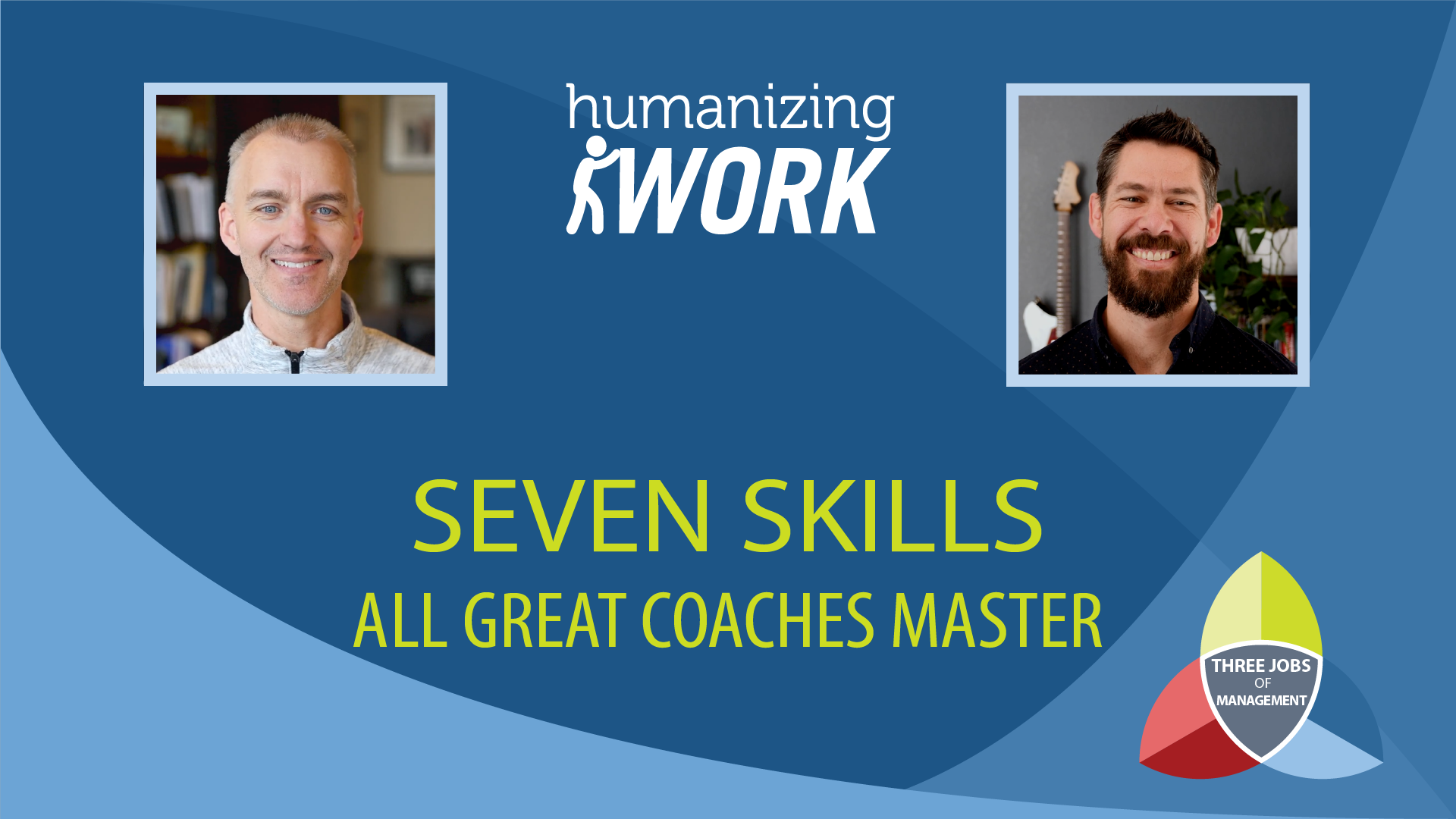
The health of teams has a direct impact on organizational results as well as on individuals’ happiness in their work. In this episode, Richard and Peter outline the 6 conditions that researchers J Richard Hackman and Ruth Wegeman have discovered are critical for a team to be healthy and effective. They also cover what you can do to contribute to those conditions, whether you’re a leader or a junior team member. Read More
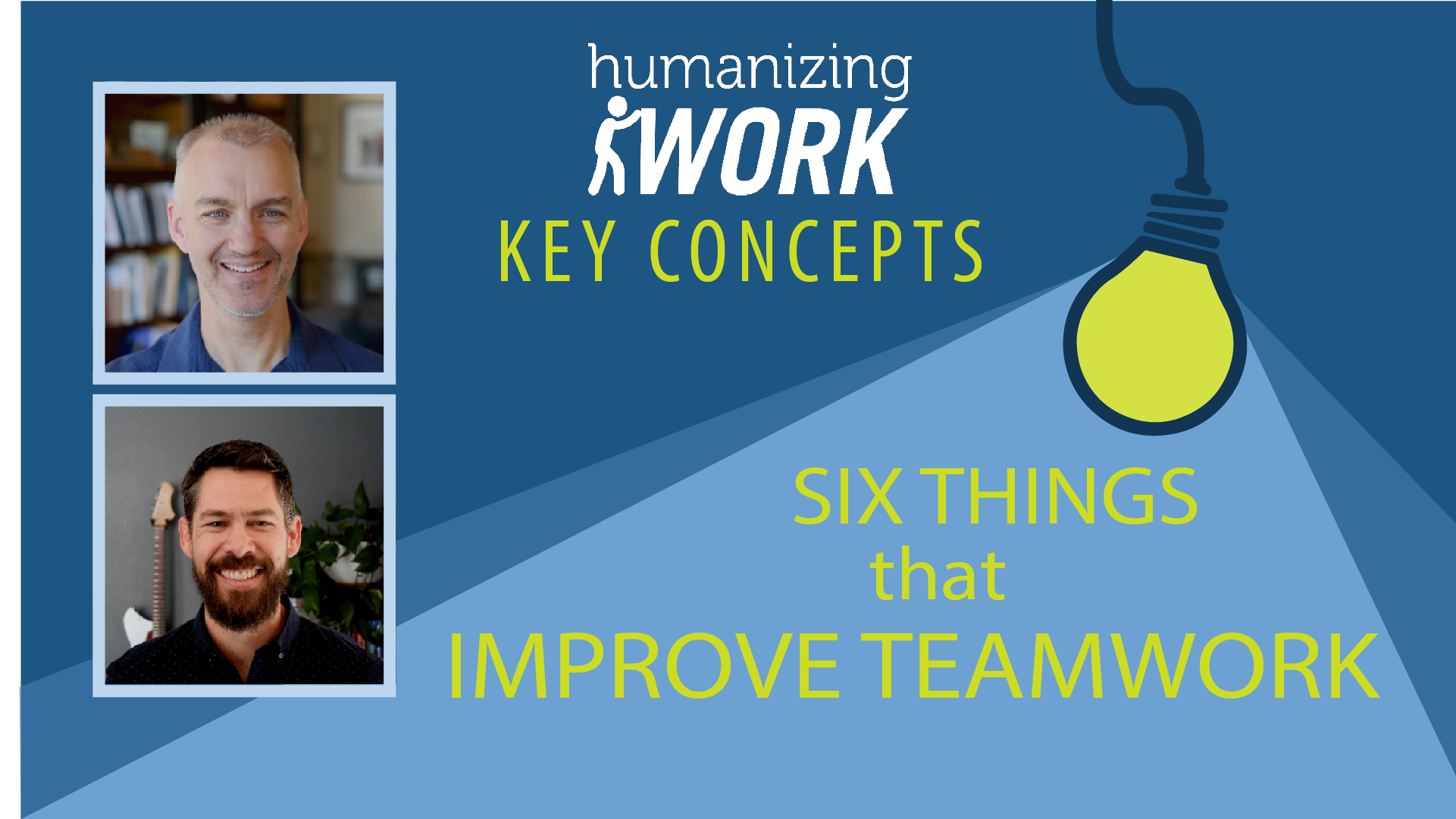
People often assume prioritization—whether for a Scrum product backlog or a personal todo list—is an analytical problem best solved with value calculations and spreadsheets. But it turns out that great product people tend to use intuition, gut feel, rather than analysis to prioritize. In this episode, Peter and Richard introduce a set of heuristics gathered from the best product people that you can use to prioritize work quickly and intuitively. Read More
